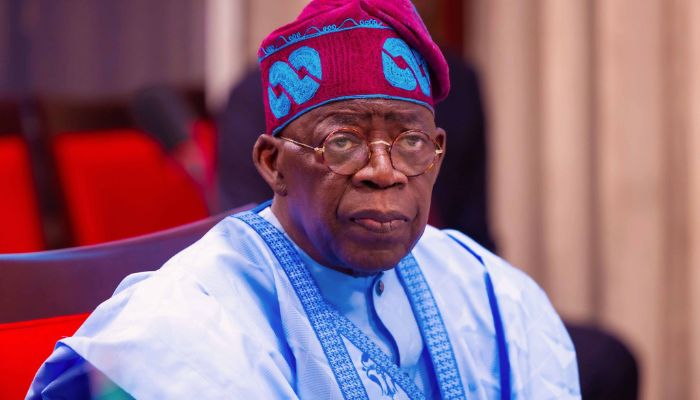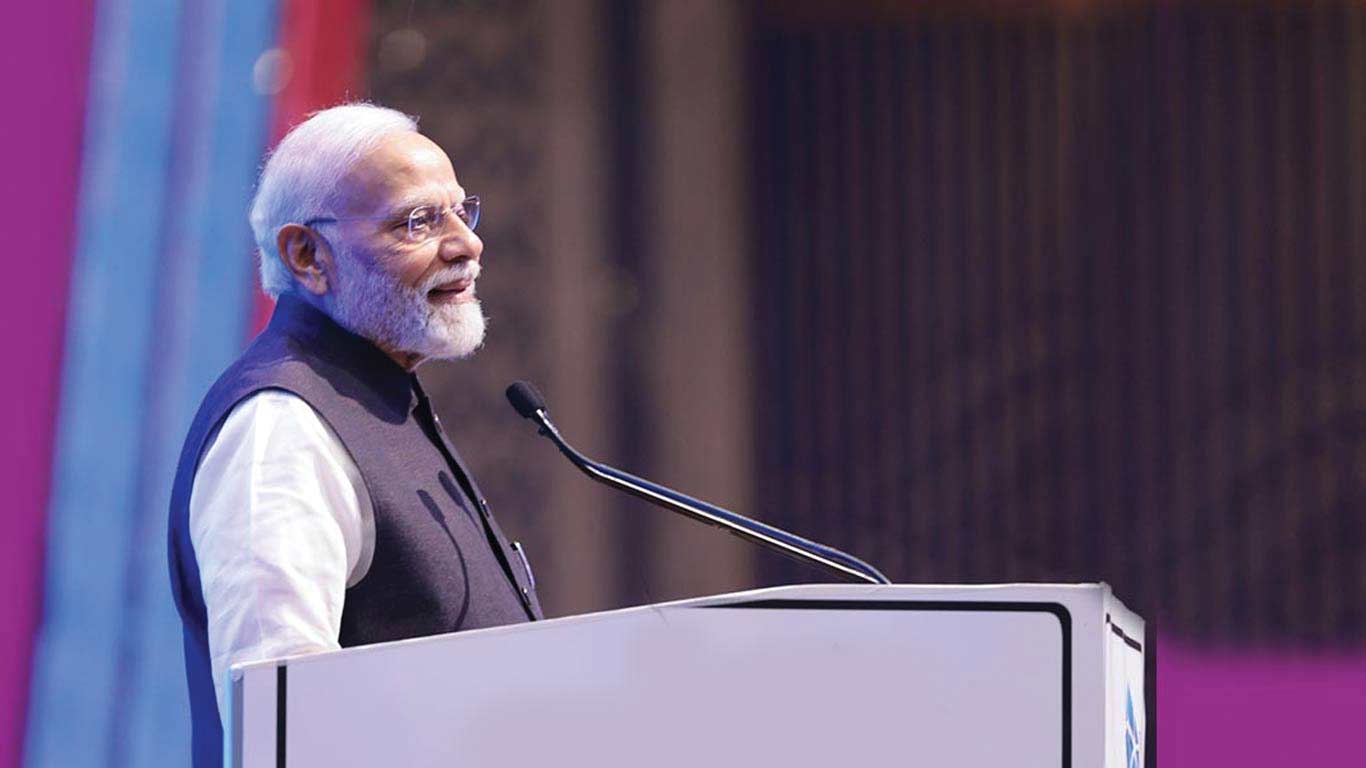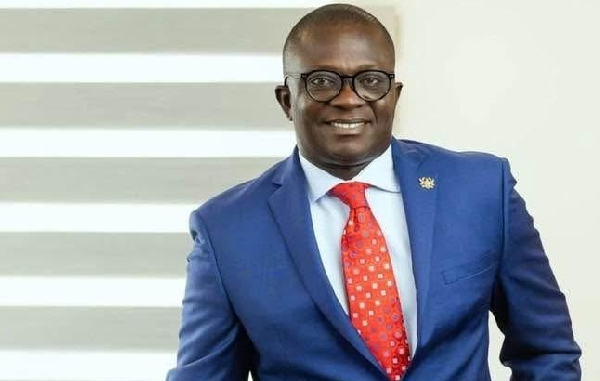By Wasiu Alli
Copyright businessday

President Bola Tinubu has said the Nigerian economy is recovering faster than expected due to the reforms his administration embarked on more than two years ago, adding that “yesterday’s pains are giving way to relief.”
“I am pleased to report that we have finally turned the corner. The worst is over, I say. Our economy is recovering fast, and the reforms we started over two years ago are delivering tangible results,” Tinubu said in a televised Independence Day broadcast Wednesday.
Tinubu, who took over from late President Muhammadu Buhari some two years ago, said he inherited a near-collapsed economy, a situation that warranted his resolve to take on bold market reforms to put the country on the path of growth.
The reforms, though unpopular, phased out fuel subsidies that crippled the country’s finances while benefiting “a tiny minority” and unified the exchange rate in a bid to make it more market-driven and remove longstanding arbitrage.
Read also: 65, ‘As e dey sweet them, e dey pain us’
The consequences of the reforms were mixed. For Nigerians, it crushed spending power as inflation soared to a multi-year high and led to the worst cost-of-living crisis in a generation. Poverty rose quickly and dried up the middle-class economy.
On the other hand, Nigeria’s economy became more resilient with annual growth now at 4.23 per cent as of the second quarter of 2025, the quickest pace since 2021, while inflation has continued to cool for the fifth straight month this year, a development that has allowed the monetary authorities slashed key interest rates by half point to 27 percent in first since 2020.
According to Tinubu, the reforms have pooled more resources into the hands of the three tiers of government, urging sub-nationals to engineer growth, productivity and innovation, stressing that “we’re racing against time”.
“Our administration has redirected the economy towards a more inclusive path, channeling money to fund education, healthcare, national security, agriculture, and critical economic infrastructure, such as roads, power, broadband, and social investment programmes. These initiatives will generally improve Nigerians’ quality of life.”
He noted that his administration has achieved 12 economic milestones, including achieving more than N20 trillion in non-oil revenues as of August. That’s more than the total figure for last year at N21.7 trillion.
Tinubu said Nigeria’s debt service-to-revenue ratio has reduced to less than 50 per cent from 97 per cent, adding that with external reserves at more than $42 billion, the naira has stabilised from the turbulence and volatility witnessed in 2023 and 2024.
According to the president, Nigeria’s tax-to-GDP ratio has risen to 13.5 per cent from less than 10 per cent, with the ratio expected to increase further when the new tax law takes effect in January.
“Nigeria has recorded a trade surplus for five consecutive quarters. We are now selling more to the world than we are buying, a fundamental shift that strengthens our currency and creates jobs at home,” the president said.
“Nigeria’s trade surplus increased by 44.3% in Q2 2025 to N7.46 trillion ($4.74 billion), the largest in about three years. Goods manufactured in Nigeria and exported jumped by 173%. Non-oil exports, as a component of our export trade, now represent 48 per cent, compared to oil exports, which account for 52 per cent.”



